'The Man in the High Castle' Fans Are Confused by the Series Finale — Here's What It Means
Updated Nov. 18 2019, 10:46 a.m. ET
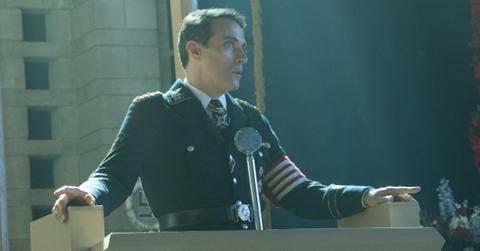
Fans of The Man in the High Castle initially thought that they were getting into a show that was solely based on a compelling premise: What would America look like shortly after World War II ended with a Nazi victory? At the center of the story is John Smith (Rufus Sewell), a traitor to his country who helped facilitate the Third Reich's takeover of the United States.
The show's universe evolved, however, and by the time it finished, it left a lot of people wanting its ending explained.
That "evolution" meant upping the ante on the whole "alternate timeline" thing by making the characters in the show conscious of it as well, meaning that there were different John Smiths (and Joe Blakes, Juliana Crains, Frank Frinks, and so on and so forth) existing in different timelines. John, if Nazi Germany hadn't prevailed in World War II, for example, ended up living a simple life and becomes salesman of the year in a small town at a humble job.
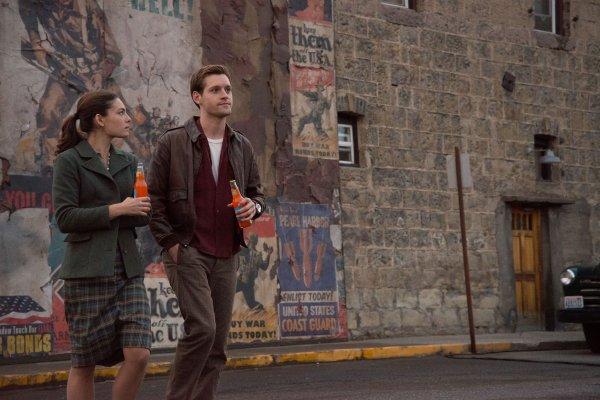
The Man in the High Castle Season 4 synopsis:
One of the main reasons why The Man in the High Castle was ultimately cut short and ended in its fourth season is because it cost a whopping $107 million to produce and market. That's a difficult rate of return for a streaming service to make up for, even if it is Jeff Bezos' company. Thankfully, the series' writers created a compelling swan song to such an ambitious show.
Season 4 begins right after the events of Season 3, when John Smith shoots Juliana Crain while she's escaping into the alternate world (where the USA won, which is our timeline). In the time that Juliana's gone (roughly a year), John makes the most of an opportunity to grab a powerful footing between the Third Reich and Japanese states. The Black Communist Rebellion is to thank for this new dynamic.
Critics of the show's biggest problem with the fourth season is that the introduction of new characters and subplots seem to detract from series mainstays and furthering their own character development. The biggest example of this is Juliana's character, who, despite gaining access to our timeline, isn't utilized for covert operations and ultimately feels woefully underdeveloped compared to other characters.
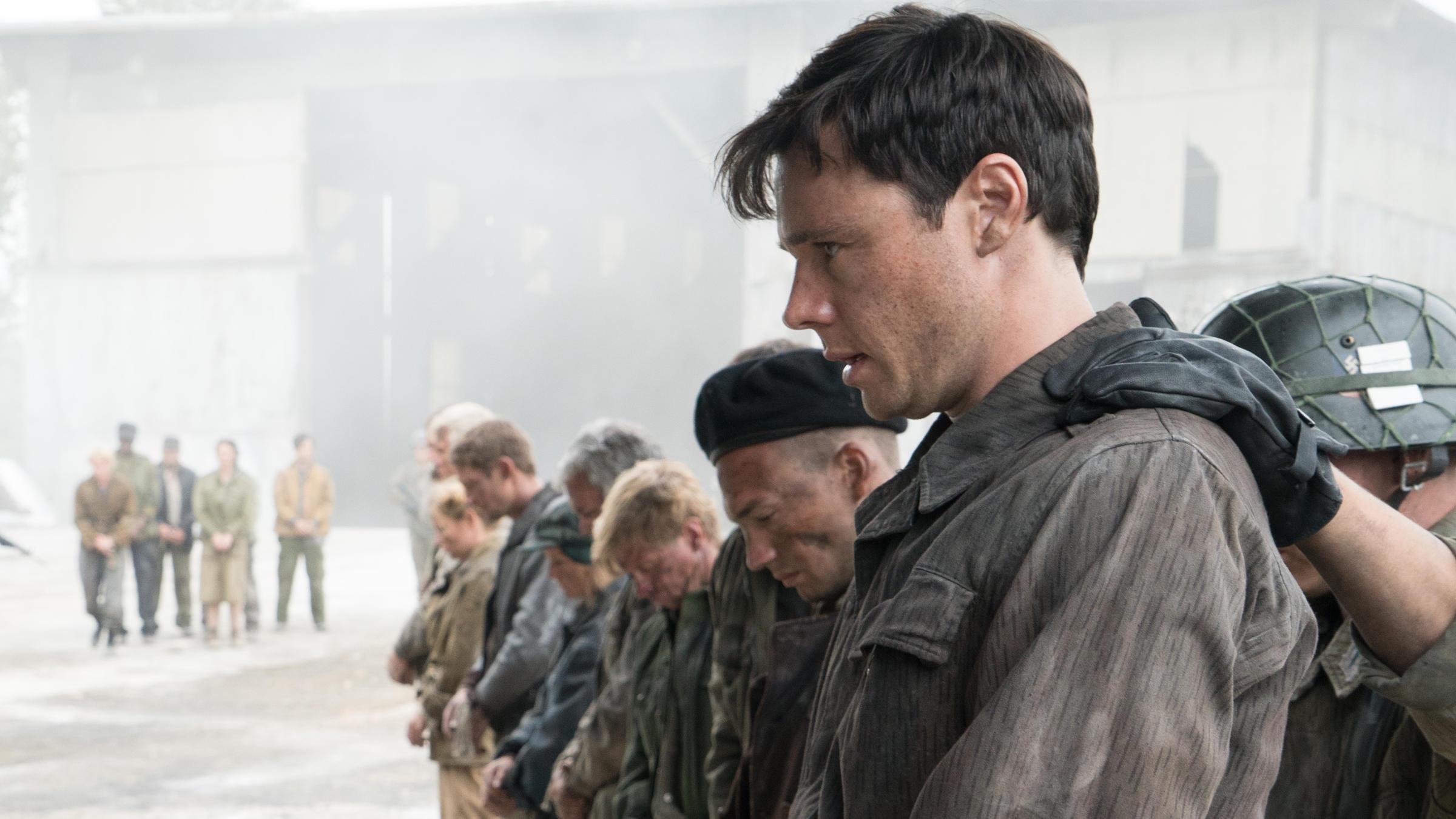
Helen Smith's character has finally had enough and stands up to John throughout this latest season, which is something fans have been waiting for, for a while; it's a refreshing development in their relationship dynamic. Chief Inspector Kido's primary conflict lies in trying to extricate his son Toru from a gnarly situation but realizes it's mostly due to his poor choices as a father. Seeing him wrestle with that, and eventually answering for his crimes, is a big highlight of Season 4.
It was surprising, however, to see Tagomi absent from the fourth season. It's obvious that there was some disagreement between Hioryuki-Tagama from playing out the rest of the show, which is a shame because he had such a vital role over the course of the program's last three seasons.
The Man in the High Castle's ending explained:
In Season's 4 final moments, we see the Black Communist party mount an impressive offensive against Jon Smith and the Nazis.
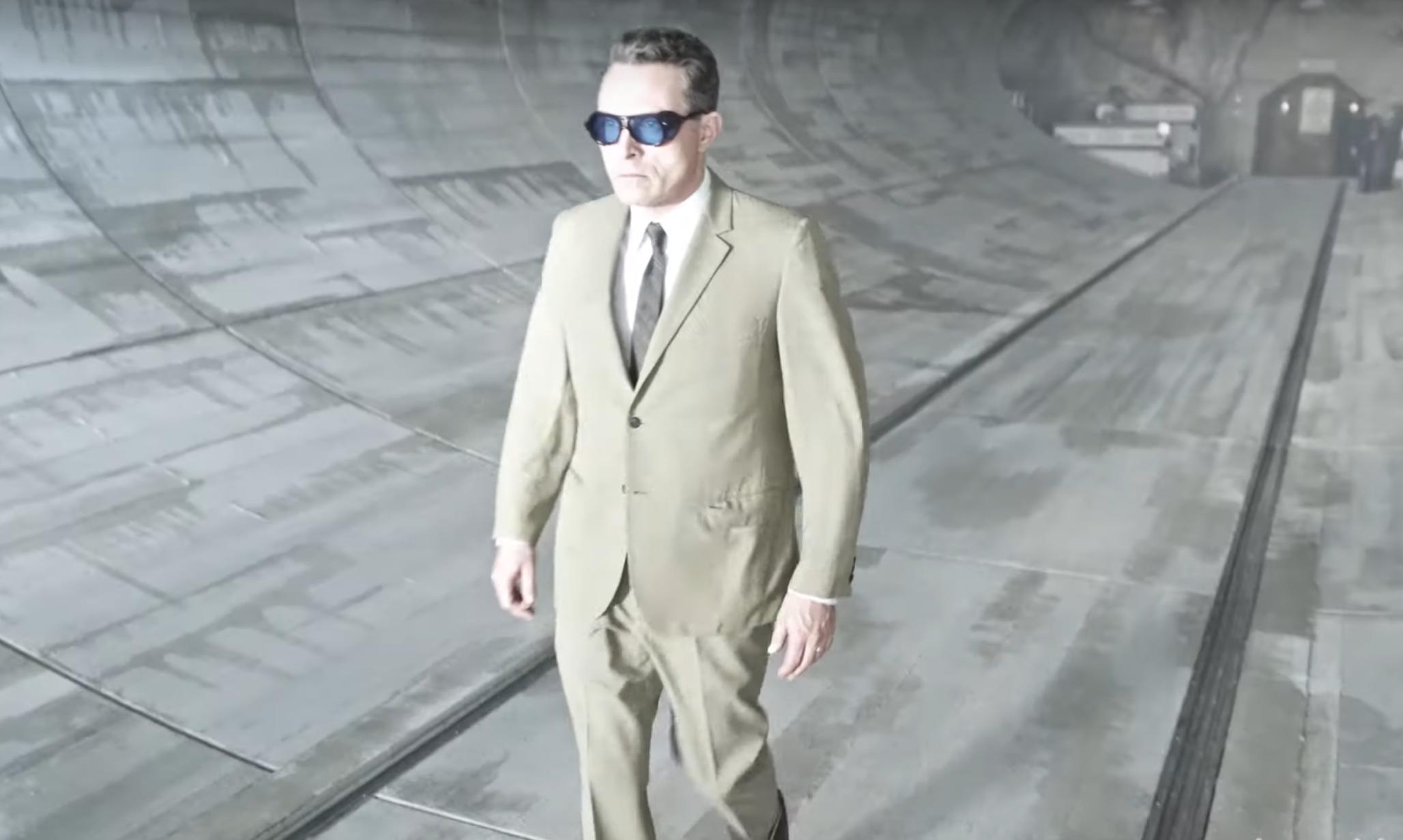
Realizing his time as Obergruppenfuhrer is over while struggling to reconcile himself with the knowledge of alternative realities, John Smith retreats to the wilderness where he's pursued by Juliana Crain. Finding him on the edge of a cliff, she intends to bring him into custody. John relays that, like Juliana, he knows what it's like to see what he could've been in other timelines, and says it's "unbearable" to think about what he became in this one.
John, (like Hitler) blows his own brains out right before the Reich falls, and the "secret" of alternate realities doesn't stay a secret for long. The "wormhole" between the timelines is open and the denizens of each world can cross into one another's as they see fit, which is exactly how the series leaves off.
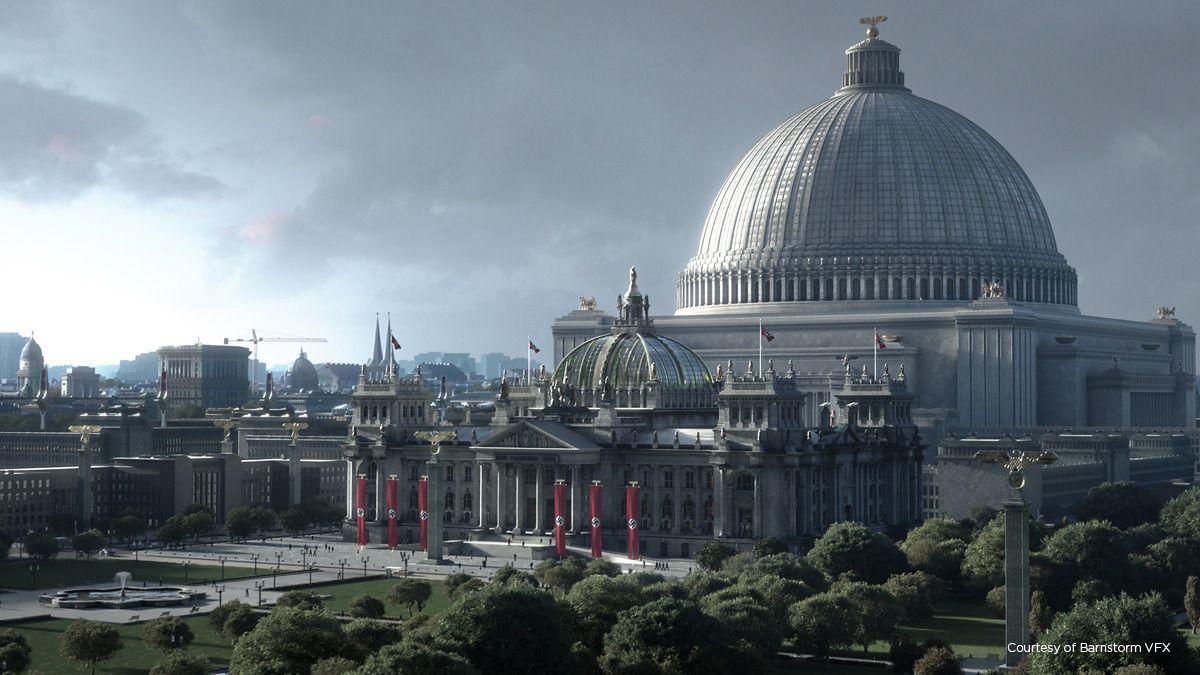
So what you're seeing is the collective mind-blowing of not just the entire human population, but of all the different worlds and realities out there. It's a trippy way to end an already trippy series. What did you think of the show's ending? Do you wish they'd stuck with the "initial" premise of what the world would be like if the Nazis had won?